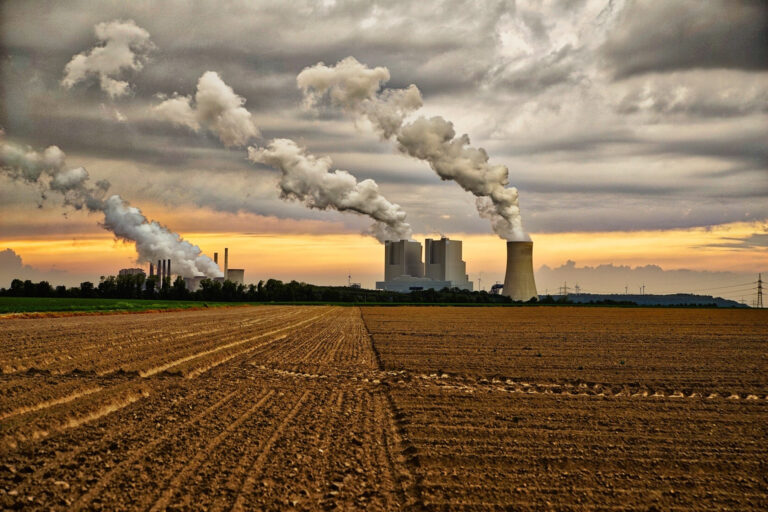The declaration includes an alternative goal of phasing out coal-fired power generation “in a timeline consistent with keeping a limit of a 1.5°C temperature rise within reach, in line with countries’ net-zero pathways”. The reservation was included in the final text of the communiqué to “grant room for manoeuvre” for Germany and Japan, whose coal-fired power plants produce more than a quarter of their total electricity, diplomatic sources told Reuters.
Germany has set a final target in its legislation for shutting down coal-fired power plants by 2038 at the latest, while Japan has not yet set a date. The G7 countries had already committed to taking concrete steps to shut down coal-fired power plants by 2023 – now there is a more precise timetable, albeit with a back door.
The aim is to make power generation cleaner – and thus not only electromobility as a direct consumer but also energy-intensive industries such as aluminium production and battery production. Coal is considered one of the most climate-damaging ways to generate electricity.
However, it is difficult to estimate the extent of the impact of the agreement that has now been reached. For one thing, there is the aforementioned reservation, and for another, it is only the United States, Great Britain, France, Germany, Canada, Japan and Italy, which currently holds the G7 presidency. Countries with an enormously high proportion of coal in their electricity mix, such as China, are not part of the G7 and have therefore not signed the agreement.
In addition, one of the options to compensate for the loss of coal-fired power plants in the energy supply could be nuclear energy. “Those countries that opt to use nuclear energy or support its use recognise its potential as clean/zero-emissions energy source that can reduce dependence on fossil fuels to address the climate crises and improve global energy security,” the communication states. “These countries recognise nuclear energy as a baseload power source that provides grid stability and flexibility and optimises the use of grid capacity, while countries that do not use or do not support the use of nuclear energy prefer other options to achieve the same goals, taking into account the risks and costs associated with nuclear energy.”
reuters.com, g7italy.it (PDF)


